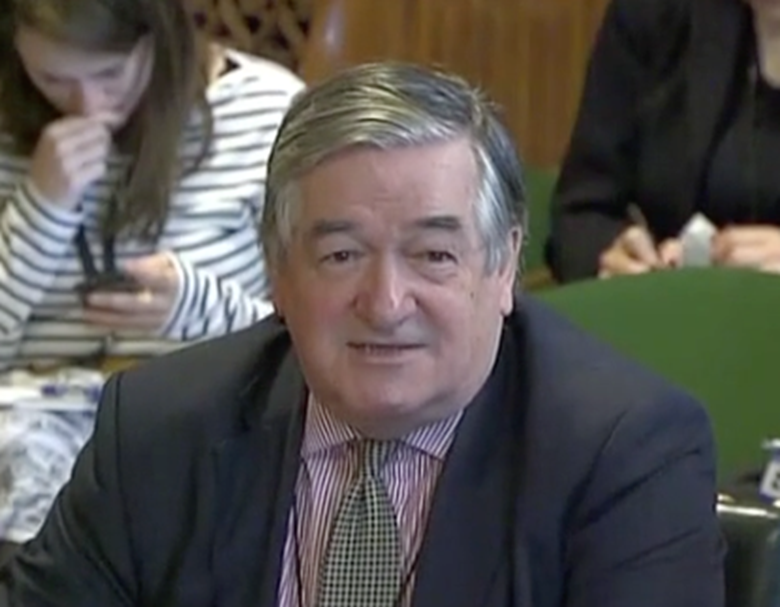Munby calls for integration of youth and family courts
Tristan Donovan
Thursday, November 2, 2017
The highest-ranking family judge in England and Wales has called for a major shake-up of courts that hear cases involving children by amalgamating them into a single court that considers both criminal and welfare issues.

In a speech to the Howard League for Penal Reform, Sir James Munby, president of the High Court's Family Division, said there is an urgent need to move towards "problem-solving" courts because current systems are not effective at ensuring the welfare of children, young people and families.
He said ideally youth courts should be integrated into an expanded family court system that could also be involved in mental health and immigration and asylum tribunal cases that involve children.
"These systems - and I use the plural deliberately - are, I have to suggest, far too complex, far too little co-ordinated, and serving far too many different and often conflicting objectives, to be effective in furthering the welfare of children and their families," he told members of the justice reform charity while delivering the organisation's annual Parmoor lecture.
Munby identified several fundamental problems with the existing system including a lack of joined-up decisions across the different courts, leading to rulings about children's futures that are at odds with one another, and the inability of family courts to direct public bodies to provide services to children or families.
"The family court can make a care order in relation to the child, but the court's functions in relation to [their] placement and welfare inevitably remain largely in suspense pending [their] release," he said.
He added that a lack of sufficient resources, including a shortage of community and residential mental health services, limits judges' ability to improve children's welfare and said that there is too much focus in the family and youth courts on children's future welfare, which means little time is spent seeking solutions to the underlying problems under-18s and their families face.
Munby argued that there needs to be "a fundamental re-balancing of the family court towards what ought to be its true role as a problem-solving court, engaging the therapeutic and other support systems that so many children and parents need."
Noting that a full reform of the courts along these lines could take decades, he suggested adopting an interim model similar to Family Drug and Alcohol Courts, which deal with care proceedings involving parental substance misuse and help co-ordinate services that support families.
This approach, he said, would not require change from Whitehall and could see courts given the tools they need to improve children's welfare "including, critically, access to therapeutic and other support systems for the families involved".
He said such an approach would be better than the "blunted weapons of persuasion and shaming" currently available to the family courts.
Munby also suggested that experienced family court judges could sit in on hearings in other parts of the justice system when a child's cases are before multiple courts or tribunals.
He also urged the Crown Prosecution Service to reconsider its policies on child prosecutions.
"I do not, of course, go so far as to suggest that age alone should immunise children from the appropriate application of the criminal law where there has been really serious offending," he said.
"However, in less serious cases it is legitimate to ask what advantage there is, either to the child, or to the child's family, or, indeed, to society at large, in invoking a criminal process in preference to a family court process, especially where the family court is already engaged in careful analysis of and planning for the child's future."
In 2014, an inquiry chaired by Liberal Democrat peer Lord Carlile labelled the youth court system as "not fit for purpose" and called for urgent reform.
One of its criticisms was that there is a lack of consensus in the legal profession on the core purpose of the youth court - with "conflicting emphasis" placed on preventing youth offending, considering the welfare needs of the child, and achieving justice.




